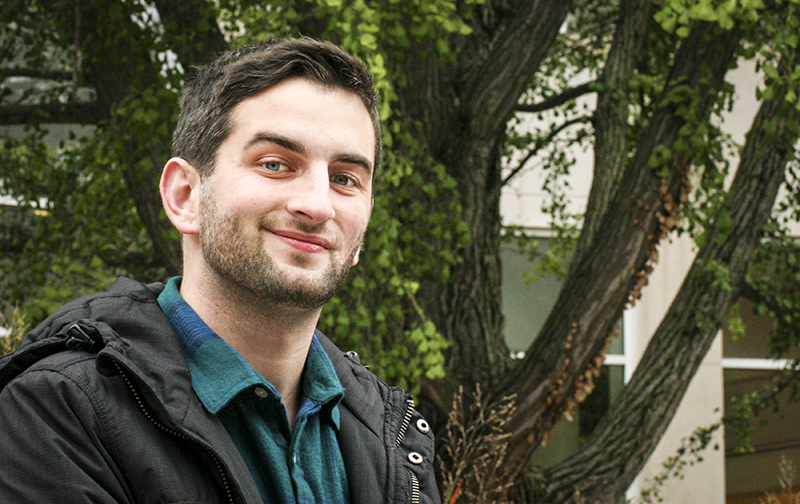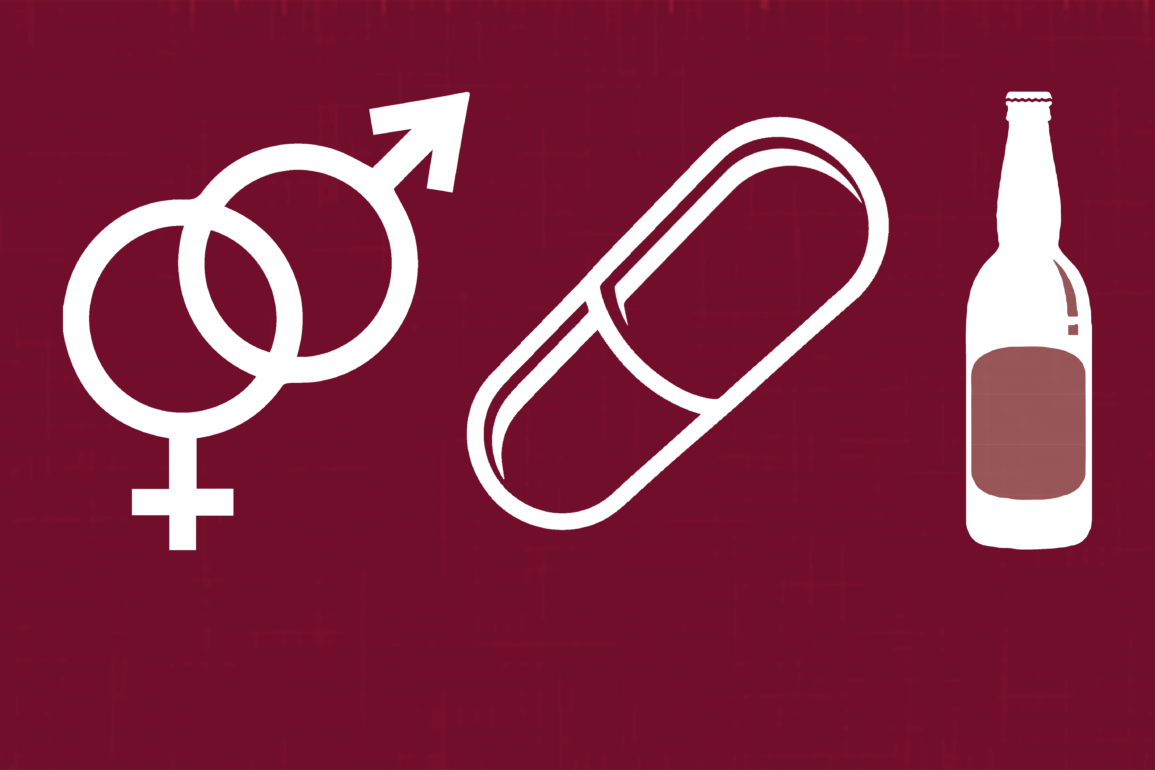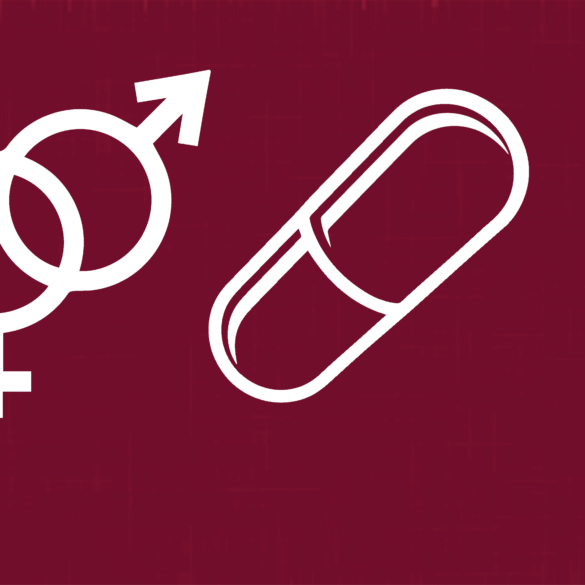Alcohol Abuse
At 19, Zackarie Bell was in the back seat of a car that made a U-turn without looking.
The accident put him in a coma for 12 days. He awoke with brain damage, a depressed feeling and $270,000 for his injuries. Bell had to decide what to do with the money and his life.
Part of the money went toward buying a house, but the rest went toward drugs and alcohol. He said it felt like all he had to live for were the weekends, and all he wanted to do was drink.
Alcohol-related disorders can be caused by genetic, physiological, psychological and social factors, according to the American Psychological Association.
Payne said many students enter college with the misconception that everyone drinks. This misunderstanding leads to an increase in alcohol abuse at the beginning of the school year.
“[We want] students to know that it’s not necessarily the norm that all students are drinking and certainly not the norm that all students are drinking to excess,” Payne said.
The National Institute on Alcohol Abuse and Alcoholism said young adults between the ages of 18 to 24 are the most likely to have issues with alcohol because they are in a period of transition.
Bell admitted to using the “it’s not alcohol abuse if you’re in college” excuse when he questioned his own alcoholism.
“That’s what I thought for the longest time and that’s what people kept telling me, but I knew I was an alcoholic,” Bell said. “I remember I would sit in here and think, ‘man, what do I do?’ And I’d just say well, there’s nothing to do. I just better just go to the bar.”
According to the NIAAA, 19 percent of college students between the ages of 18 and 24 meet the criteria for alcohol abuse or dependence.
Drinking can become alcohol abuse when it results in significant consequences such as failure to complete major work and obligations or legal issues like driving while intoxicated.
Bell’s grandmother said she struggled for years watching him throw his life away to drugs and alcohol. When Bell was in the coma, his grandmother said she would touch his chest every day and say, “I’ll be right here.”
Eventually, Bell ran out of the $270,000 he had, which ran him further into depression. He started going out to the bars almost every night and would drive home drunk afterward.
Bell knew he had a problem.
On Dec. 8, 2013, he and his friends walked across campus after having a couple of beers. As they walked up to a pond, Bell started thinking about his drinking.
“It was like another person telling me, ‘you need to fix your life,’” he said.
Bell said a feeling came over him and he told his friends he needed to ask Jesus for forgiveness.

“I haven’t had a drop of liquor since.” Bell said.
After choosing to recreate a future for himself, he said he plans to go to college in Wisconsin to become a preacher. He said he never imagined himself in a church pew, let alone a church pulpit.
Helping others is what motivates Bell now.
“It gave me a future,” he said. “Before, I was just kind of like, ‘oh whatever happens, happens.’ I was actually suicidal. I didn’t want to really live. Now, I love life and everything is beautiful. I can’t imagine hating life like I used to.”
These three individuals aren’t alone in their stories. The counseling center sees students struggle with these issues every day. According to Payne, the counseling center sees 10 percent of the student population throughout the year.
Payne said the peak for crisis intakes and emergencies is usually around the beginning of October, although she said she couldn’t say for sure whether this is tied to the Red Zone.
“I would encourage students to just be aware,” Payne said. “If you see changes in [a friend’s] behavior or class attendance, [or] they’re sleeping too much or not sleeping at all, look for those physical changes. The counseling center is here to help students who might be dealing with these issues.”
Ball State provides Red Zone training for students to protect themselves against sexual assault, along with free services at the counseling center. The “Think About It” course will continue to educate incoming freshmen on these issues in the future.
 |




